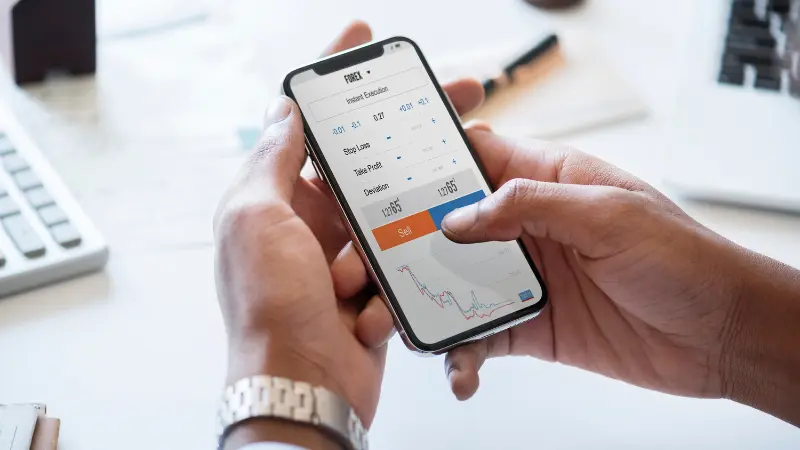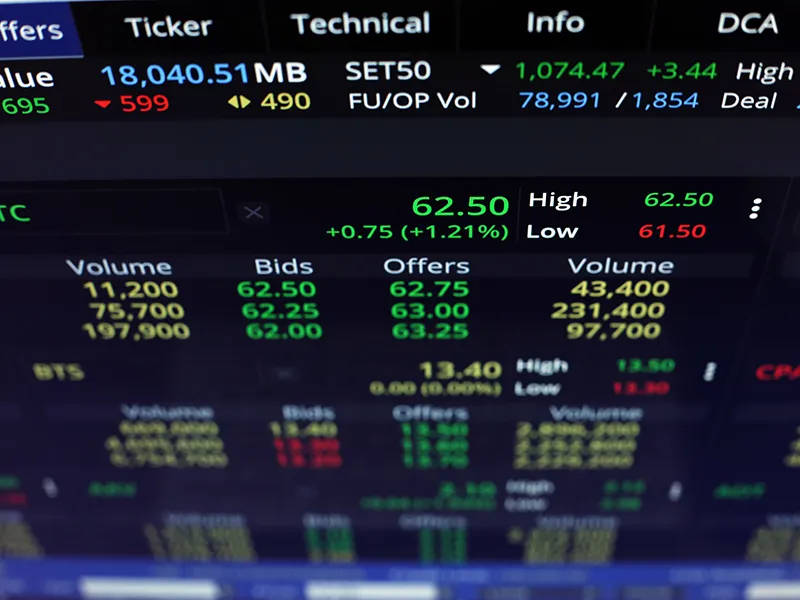
Can an investment / SIP lose value?
Yes, there can be occasions when a systematic investment (SIP) loses value. This usually happens in the initial few months of starting. This is because a SIP is an equity investment, and all equity investments are volatile in the short term. For instance, if you started a SIP in September 2016 when the Nifty (market index) was at 8900, then you might see a small notional loss in January 2017 since the Nifty is now at 8400.
This is the nature of all equity markets, and you should not panic or withdraw.
My investment / SIP seems to have lost value – why?
Even the best performing mutual funds are subject to market risks. Markets have been volatile in the last 2-3 months, given the short-term growth concerns post demonetization and the US Presidential transition. Your investments might have outperformed the market, and yet lost a bit of value. This is of no major concern and you should not panic.
What should I do now?
The worst thing you can do now is to stop your SIP or withdraw your money. If you do that, you book your loss and leave yourself no chance of recovering it and earning good returns.
The best thing to do is to stay invested and continue your SIP. The SIP has a wonderful design – you automatically get more units (i.e. buy more) now when the market is low than when the market is high. For instance, if you have a SIP of Rs 5,000 running, your fund may have been at NAV of 20 in September 2016, and your SIP would have got you 250 units. Now when the NAV has dropped to 19.6, the same Rs 5000 SIP earns you 255 units. That way, you buy more when the market is cheap and less when the market is costly. So you earn more returns in the long term.
The medium to long-term prospects of the Indian economy remains strong. The effects of demonetization are almost over, and a friendly budget is expected. A larger formal economy and improved tax collections can only benefit the markets in the medium to long term. This will have a hugely positive impact on your returns prospects if you stay and continue to invest.
Why do markets fluctuate? How can I minimize risk to my money?
Markets by definition are volatile. They respond to various positive and negative news and events on a daily basis.
The graph below shows how the market has been volatile, and yet delivered strong returns for long-term investors.

For instance, it fell sharply in the downturn between 2008 and 2009, and yet regained all the losses by end of 2010.
Fortunately, there’s an easy way to minimize your risk – that is to stay invested only for the long term i.e. 5 years or more. That way, your risk of capital loss becomes negligible and you can benefit from the higher returns of the market.
Let’s see some simple statistics from 2001 onwards:
- If you stayed invested for only 6 months, there is a 36% chance you made a loss (i.e. greater than 1 in 3!)
- If you stayed invested for 1 year, there is still 26% chance you made a loss
- In3 years, the chance of making a loss dropped to 3.9%
- In 5 years, the chance of making loss became negligible: 1.1%
- In 10 year investment period, you never made a loss!
That’s the reason we only recommend long-term investments.




















